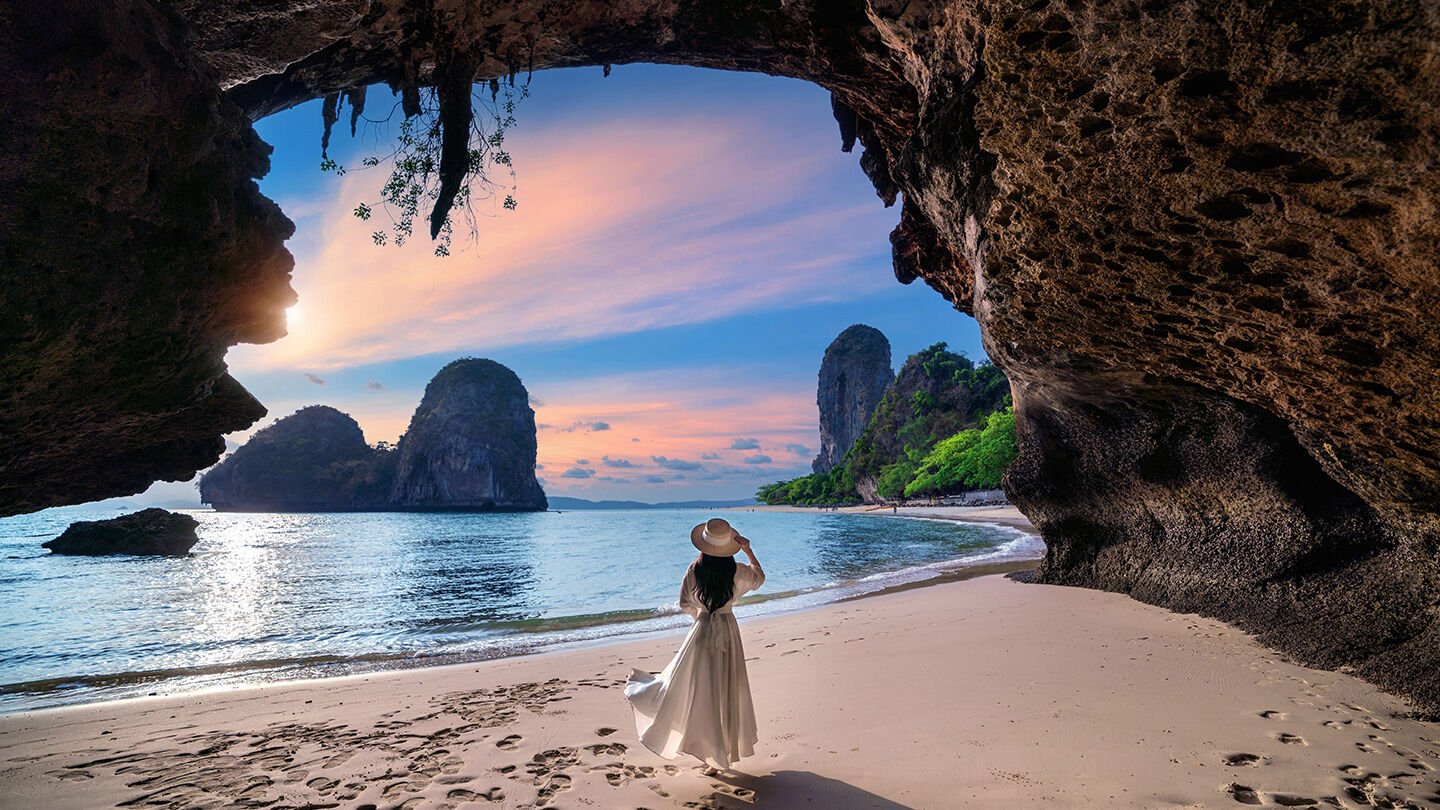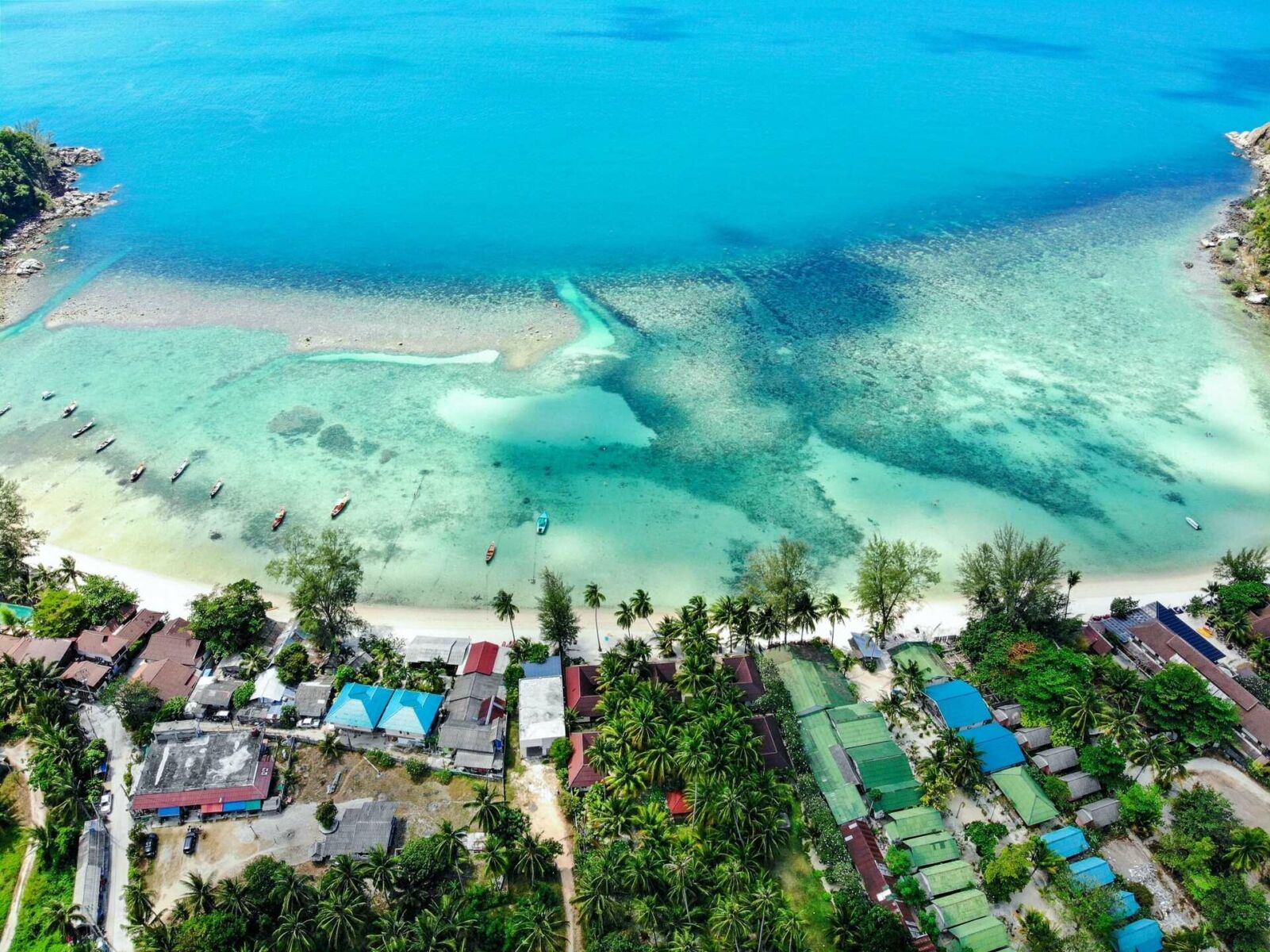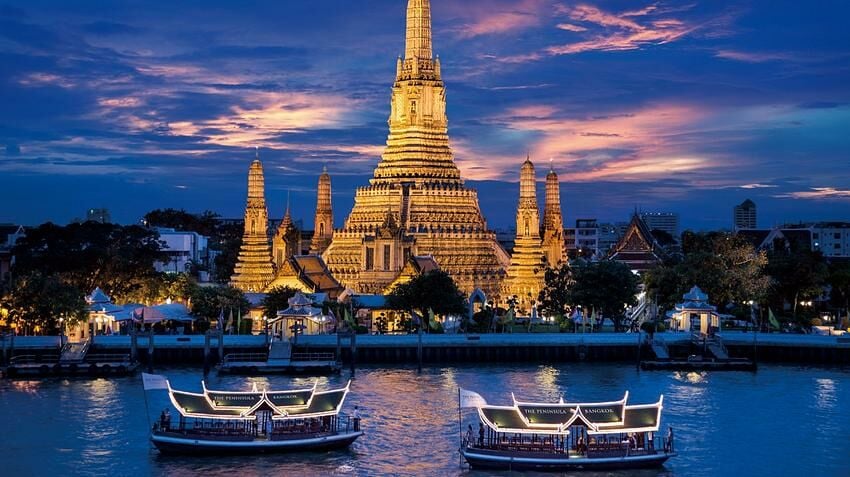
Thailand is upping the ante in its tourism game, spotlighting the allure of luxury and high-spending travellers to power up the economy post-pandemic.
Known for its warm hospitality, stunning landscapes, and world-class attractions, the nation is seeing a surge in plush hotels and branded properties to cater to this elite crowd.
The Tourism Authority of Thailand (TAT) set its sights on affluent tourists, primarily professionals earning over US$60,000 (2.05 million baht) annually.
These big spenders splash out more than 6,000-7,000 baht daily, far surpassing the average tourist spend of 4,200 baht per day or 120,000 baht per trip. This exclusive club is largely made up of couples, families, and LGBTQ visitors.
TAT’s Deputy Governor for Europe, Africa, the Middle East, and the Americas, Siripakorn Cheawsamoot, revealed that these segments contributed a hefty 40-50% of last year’s 2 trillion baht in tourism revenue.
However, while basking in success, private sector voices are urging the government to tackle infrastructure and supply chain issues to sustain the competitive edge in luxury travel.

The US and South America have been identified as growing sources of luxury travellers looking for extended stays, while China, Australia, and New Zealand remain key short-haul markets, said Siripakorn.
“We’re promoting Thailand as an affordable luxury destination with exclusive experiences under budget, unmatched by other hotspots.”
Siripakorn also noted the impact of Michelin-approved eateries elevating the fine dining scene for luxe tourists.
“Many tourists have saved for years to create magical moments in Thailand.”
A focus on sustainable activities is driving luxury tourists towards responsible travel experiences, a trend gaining traction globally.
To lure even more premium tourists, TAT is teaming up with US luxury travel advisor Virtuoso and discussing a chic new city guidebook with Louis Vuitton for the upscale European market. Plans are also afoot to make waves at the International Luxury Travel Mart in France.
In the world of luxe retail, Central Retail Corporation Plc (CRC)’s Piyawan Leelasompop sees huge potential in Thailand’s world-class shopping centres. A boost in luxury sales, particularly from Middle Eastern shoppers, hints at Thailand’s potential as a leading luxury tourism hub.

Yet, with stiff competition from Hong Kong and Singapore due to their lower import taxes, Piyawan advocates for tax cuts to woo more international tourists and keep locals shopping at home.
With an ambitious target of welcoming 9 million Chinese tourists next year, a resurgence in Chinese luxury shoppers, previously top consumers before the pandemic, is on the horizon. Economic shifts, including Beijing’s push for domestic spending and anticipated US tariff hikes on Chinese goods, remain pivotal factors, says Piyawan.
The luxury travel sector also finds promise in wellness offerings. Bill Barnett, Managing Director of C9 Hotelworks, noted Thailand’s wellness economy ranked 24th globally in 2022, with 22.4% of its 1.2 trillion baht market stemming from wellness tourism.
Phuket, in particular, shines as a wellness beacon, offering holistic health programmes and housing international hospitals and resorts.
Krabi, famous for its natural allure and upscale hotels, presents additional opportunities to attract luxury guests. Chamnan Srisawat, President of the Tourism Council of Thailand, is investing in a cutting-edge wellness centre in Krabi and planning to expand his fleet of boats for premium tourist services.
Despite these sunny prospects, challenges loom. Siripakorn highlights the need for stronger tourism infrastructure, including enhanced safety, cleanliness, and language skills among workers. Chamnan echoes this, noting that while private operators are raring to deliver luxury, public amenities often lag behind. Taking cues from Japan’s impeccably designed facilities and stellar service could be the golden key to boosting Thailand’s pull with the luxury set.

What Other Media Are Saying
- Bangkok Post highlights Thailand’s booming luxury tourism, expected to grow annually by 8-10%, with TAT targeting niche markets and sustainable practices to enhance high-value experiences for affluent travellers. (read more)
- Luxe Wellness Club highlights Thailand’s luxury wellness hotels, featuring Chiva-Som’s holistic retreats, Kamalaya’s spiritual healing, and RAKxa’s innovative medical approaches, emphasising personalised experiences in serene, natural settings.(read more)
Frequently Asked Questions
Here are some common questions asked about this news.
Why is Thailand focusing on luxury and high-spending tourists post-pandemic?
Attracting affluent tourists boosts revenue significantly, aiding economic recovery and enhancing Thailand’s global competitiveness in the luxury travel market.
How could Thailand overcome challenges in its luxury tourism infrastructure?
By improving public facilities, safety, and multilingual skills, Thailand can offer a seamless luxury tourist experience, comparable to destinations like Japan.
What if Thailand reduces luxury import taxes?
Lower taxes could increase foreign luxury shopping, making Thailand more competitive against Hong Kong and Singapore, while boosting domestic luxury sales.
How does the wellness industry contribute to Thailand’s luxury tourism growth?
With Phuket as a global wellness hub, the sector attracts high-spending tourists seeking holistic health experiences, driving economic growth.
Why are sustainable activities gaining traction among luxury tourists in Thailand?
Luxury tourists value responsible travel, seeking unique, eco-friendly experiences that align with global sustainability trends, enhancing Thailand’s appeal.
The story Living the Thai life: Kingdom rolls out red carpet for big spenders as seen on Thaiger News.
